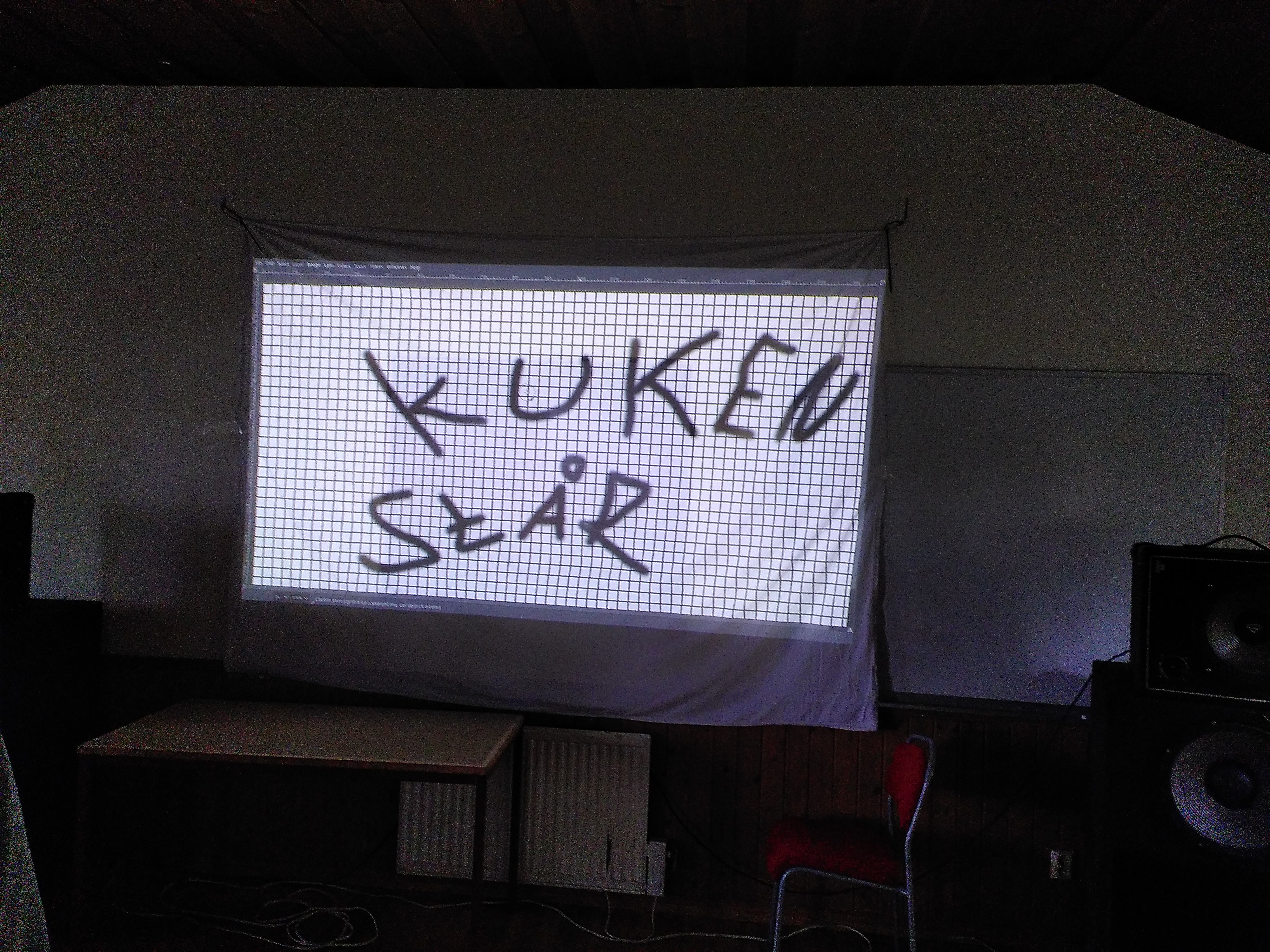I’ve found two things to be true after moving to Arch:
-
The users on forums and other help boards are actually quite willing to link directly to the thing you should have read before starting a new thread and are generally polite about it.
-
The Arch Wiki is really that good, so you should read it.
I have had nothing but good experiences with the arch community. They legit want to help.
Can’t say the same myself unfortunately. The community was one of the main reasons I moved to Gentoo. I’ve had so many bad encounters on the Arch IRC channel, they often made me feel like a complete idiot for not knowing certain things. On Gentoo on the other hand the community has very knowledgeable people but they don’t feel ‘elitist’ about it and are in fact very kind and helpful.
That’s unfortunate. I’m glad you found your place though!
I went straight from windows to Arch. I had used Ubuntu for a couple of weeks 10+ years ago. The arch wiki is a great resource and I was able to follow it to get up and running. However, there are things that aren’t detailed enough (like literally hold your hand) on some things the wiki expects you to know. Now, maybe starting with Arch is not the best path, so that’s probably mostly on me. I think that since there are so many different ways to do things, that following some of the instructions can be difficult for a user’s specific case. Boot loaders where my biggest hangup early on since I didn’t want to use Grub. Modifying boot loaders, setting up pacman hooks, learning and configuring different file systems, and learning how the config and system files is tough, and the wiki has all of the info to do it, but it’s not always linear. I wish there were more practical code examples and/or short videos showing exactly what files to modify and how to do it right.
That’s all fair. I think everyone should go through that process once and then use archinstall forever after that.
I probably could have watched a couple of 10 min videos before jumping into the wiki just to get an idea of the process b fore getting so deep. The initial setup instructions are pretty good, it’s just those deviation points where you get to decide your path that gets confusing. I first did an old laptop and got that going after many hours. When I committed to my desktop, it went smoother, but I opted to go with btrfs and snapshots without Grub, and that took a hot minute to figure out. Now I have piece of mind from my snapshots, which is great for trying new things. So far, I’ve been very happy with my setup, and it’s been very stable. Now I need to get Wayland and plasma 6 going with my Nvidia card. I got a bit hung up on setting the kernel mode stuff, and haven’t really gone back in a while, so it’s time.
You can only be getting voted down by the illiterate, because you are correct.
deleted by creator
What about the programming socks? Is that true?
It’s true for some people but it’s not true for everybody. Some people really like to wear those long socks, and other people don’t.
I’m running against the grain here, but I’m a cishet AMAB who doesn’t work in tech and dresses in a gender-conforming manner, so not for me. However, from what I’ve seen from my friends who run Arch, the stereotype certainly isn’t untrue.
-
In all honesty, I use the arch manual to troubleshoot all distros. It is well written and has the info you need and no more.
My steps for looking up something are usually
- Check the arch wiki
- Check the gentoo wiki
- Search for something related to my own distro
- Search for anything else
- Cry
- Start preparing your soul to reading Linux from scratch
- Compile shit yourself with custom made templates while crying and praying this n-th time
makewill NOT throw a dependency error.
- Learn programming, write your own (hacky) solution
- Learn better programming, write your own proper solution, submit patch to maintainer
- Learn even better programming, have a handful of jr devs write the feature so you can knock off for a beer.
- Make a lot of money working for the highest bidder and spiral into alcoholism.
- Compile shit yourself with custom made templates while crying and praying this n-th time
PSA: it stands for Read The FINE Manual
Now canonically switched to “read the friendly manual” which I find more patronizing
Read the Fucking Manual
reading comprehension is a very useful day to day skill.
I think zoomies just want to watch a video. I’m not trying to just insult them but I’ve had so many times people linking and recommending guide videos that are 15 minute long and full of dumb filler shit when an article would’ve been much better and quicker.
Yeah, I can’t stand technical videos for that reason. I just want the content and nothing more.
I really dislike video tutorials. Just let me read a manual or the readme of a git repository.
“You want to actually read documentation? Hokay.”
*links to Discord*
you sunova… :D
This is why nerds who don’t like literature class are missing out. If you can figure out the meaning of some inscrutable poem most documentation should be a breeze.
IME the skills needed to parse the poetry class stuff and the documentation wiki are distinct because I found that math, eng and software materials were always literal in what they were saying but I didn’t pick up on that because I was looking for a hidden meaning or secondary property or subtext. I had to rewire my brain for switching between different types of texts.
I get that, and I thought the same until I started writing documentation myself and found people misinterpreting what I thought were very clear instructions. Every piece of writing has subtext and secondary meaning, even technical docs.
Even understanding that the person writing the docs didn’t speak English as a first language helps me find clues to fill in the gaps that exist in all documentation. And that’s a skill I first picked up in literature class.
But that’s just me.
arch and gentoo wikis are really, really good.
Gotta admin the Arch Linux wiki is an impressive piece of work since long.
Unlike the Nixos wiki which is utterly useless. Yes, I know why. Yes, I know they want to make a new better one.
Well… to be fair their manual is really well done and helps a ton of other people running on other distros.
Well, to be fair, it’s an AMAZING manual.
I use Arch, Browse The Wiki.
I used to have a t-shirt that said RTFM, so useful as a linux tech😃. If someone asked something, I’d just point at the shirt jokingly and tell them where the documentation was
So it works, works because Arch isn’t for newbs
Usually I’m not too phased by having to read something to learn, but damn if learning how to span video games over 3 monitors has been a daunting task for me.
xrandr is something I’ve never been able to wrap my head around.
xrandr is something I’ve never been able to wrap my head around.
Arandr?
It’s basically like a tool for controlling what X does or doesn’t… at least that’s how I see it (have never read a manual of what ot actually is).
It was like that 25 years ago. Same for Linux as for FreeBSD.
BSD users are even worse than Linux users if you ask me… back in the day I mean, have no idea if things have changed the past 10 years or so.
One thing I have learned using OpenBSD is actually reading the manpages first. After an install there’s a friendly mail from Theo, then afterboot(8) and intro(8) answers a lot of questions.
Let’s see how this goes - I’m almost there but I chickened out and got manjaro first to get a taste, next mission is pure arch!

















